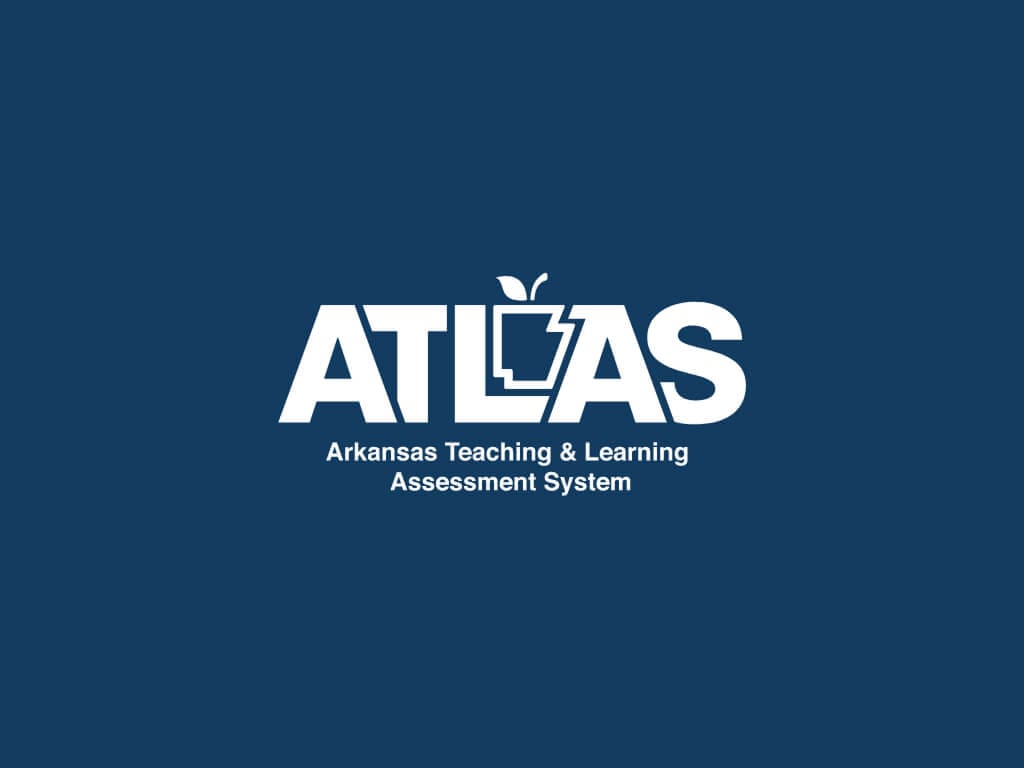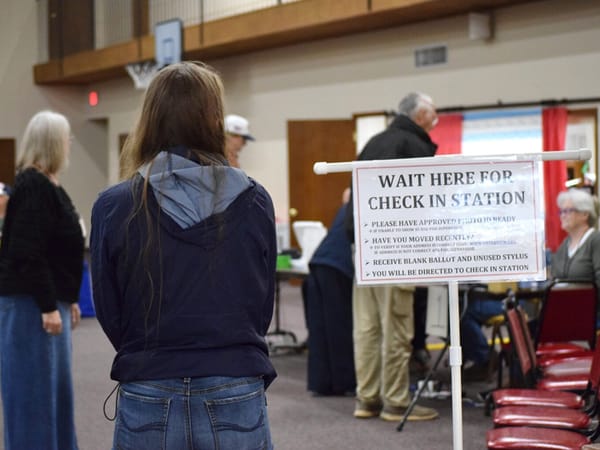State Officials Claim Progress as ATLAS Marks Its Second Year
Arkansas education officials report incremental gains in student performance under ATLAS, the state’s new assessment system, now in its second year. Governor Sarah Huckabee Sanders and Secretary Jacob Oliva highlight progress as part of broader K-12 reforms.

The Arkansas government is showing growing confidence in its student testing system, ATLAS (Arkansas Teaching, Learning and Assessment System), now entering its second year. Designed as a state-specific replacement for the national ACT Aspire exam, ATLAS faced skepticism when it launched. New academic data, however, suggests the system is beginning to deliver. Test scores from the 2024–2025 school year show gradual but steady gains, prompting the Arkansas Board of Education to view ATLAS as a promising tool for measuring student achievement.
Early Signs of Improvement
Data from the Arkansas Department of Education indicates that roughly 35 percent of students in grades three through twelve scored proficient or higher in English language arts and math, while 38 percent reached that level in science. These results reflect incremental improvements over the previous year, with increases of 0.8 percentage points in English, 2.7 points in math, and 2.4 points in science. End-of-course exams also showed growth: proficiency in Geometry rose from 18 percent to 21.5 percent, Algebra I from 26.8 percent to 30.8 percent, and Biology from 36.4 percent to 37.7 percent.
Tracking Learning Throughout the Year
ATLAS represents a new approach to student assessment in Arkansas, moving away from the single high-stakes exam used by ACT Aspire. Instead, it tracks learning through end-of-course assessments spread throughout the school year. The system blends questions from Cambium Assessment’s item bank with newly developed items aligned to Arkansas’s curriculum standards, giving teachers a versatile tool to design assessments that reveal a clearer picture of student progress.
Unlike ACT Aspire, which emphasized college and career readiness, ATLAS focuses on how well students are mastering the state curriculum. Its design adapts to the needs of local classrooms, providing educators with real-time insights to guide instruction. With modest gains already emerging, Education Secretary Jacob Oliva is pushing to build on this momentum and deliver meaningful improvements for students across Arkansas.
Building on Legislative Reforms
Jacob Oliva noted that while ACT Aspire scores had begun to recover, they remained below pre-pandemic levels. He emphasized that sustaining and accelerating progress depends on continued implementation of the LEARNS Act, the comprehensive 2023 legislation that restructured Arkansas’s K–12 system. Oliva also highlighted Arkansas ACCESS, a law designed to expand students’ opportunities for accelerated coursework, as a key part of the state’s strategy.
Oliva stressed that while supporting students is crucial, the goal is not simply to meet basic standards. “We are challenging students to reach excellence,” he said, a principle that will continue to guide efforts in the coming school year.
Governor Eyes Education Transformation
Governor Sarah Huckabee Sanders, a vocal supporter of Oliva’s reform agenda, reaffirmed her administration’s commitment to transforming public education in a recent statement. With record funding for schools, new literacy standards, targeted academic support, higher starting salaries for teachers, and merit-based bonuses, Sanders said the state is laying the groundwork for lasting student achievement.
The early results from ATLAS provide a clear green light for the broader education overhaul now underway, signaling steady progress toward a more adaptive, student-focused approach in Arkansas classrooms.





